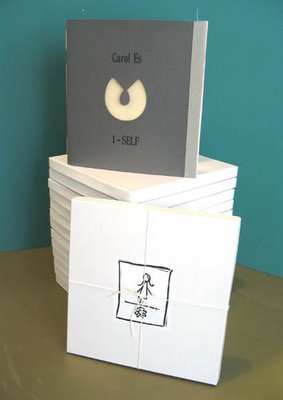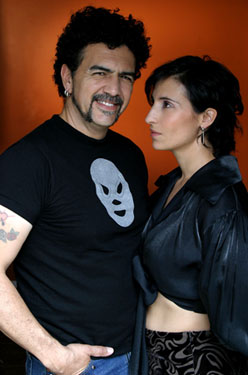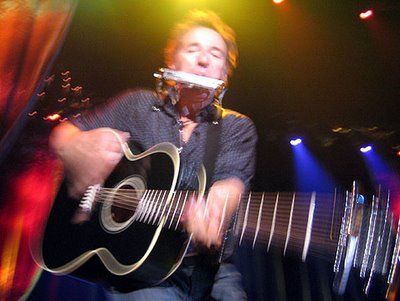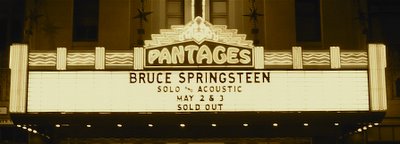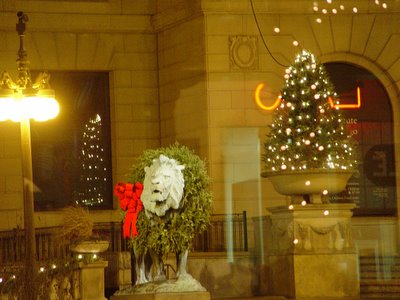Update: Arrietty the Borrower: Next Studio Ghibli Project to be Released in Japan on July 17th 2010
Hayao Miyazaki
Study for "Totoro"
"The single difference between films for children and films for adults is that in films for children, there is always the option to start again, to create a new beginning. In films for adults, there are no ways to change things."
-Hayao Miyazaki
*(late December 2001, from a ceremony at "Spirited Away's" first European screening during the animation festival Nouvelles images du Japon where the French government bestowed on Miyazaki the title of 'Officier des Arts et des Lettres')
Hayao Miyazaki
Study for Spirited Away
On the occasion of Miyazaki's film retrospective at the Museum of Modern Art in New York last year, AO Scott wrote that after viewing Miyazaki's films "you may find your perception of your own world refreshed, as it might be by a similarly intensive immersion in the oeuvre of Ansel Adams, J. M. W. Turner or Monet. After a while, certain vistas - a rolling meadow dappled with flowers and shadowed by high cumulus clouds, a range of rocky foothills rising toward snow-capped peaks, the fading light at the edge of a forest - deserve to be called Miyazakian."
Hayao Miyazaki
Study for Princess Mononoke
AO Scott continues, "As a visual artist, Mr. Miyazaki is both an extravagant fantasist and an exacting naturalist; as a storyteller, he is an inventor of fables that seem at once utterly new and almost unspeakably ancient. Their strangeness comes equally from the freshness and novelty he brings to the crowded marketplace of juvenile fantasy and from an unnerving, uncanny sense of familiarity, as if he were resurrecting legends buried deep in the collective unconscious."
Hayao Miyazaki
"Howl's Moving Castle"
Hayao Miyazaki's most recent film ,"Howl's Moving Castle", is being released today on DVD in the US. The images in this film are spectacular. It is a visual feast: a panoply of color, movement, motion, spirit and imagination. Miyazaki makes films with children in mind. But his films are never childish.
At a press conference in Paris upon the release of "Spirited Away"*, Miyazaki said,"In fact, I am a pessimist. But when I'm making a film, I don't want to transfer my pessimism onto children. I keep it at bay. I don't believe that adults should impose their vision of the world on children, children are very much capable of forming their own visions. There's no need to force our own visions onto them."










